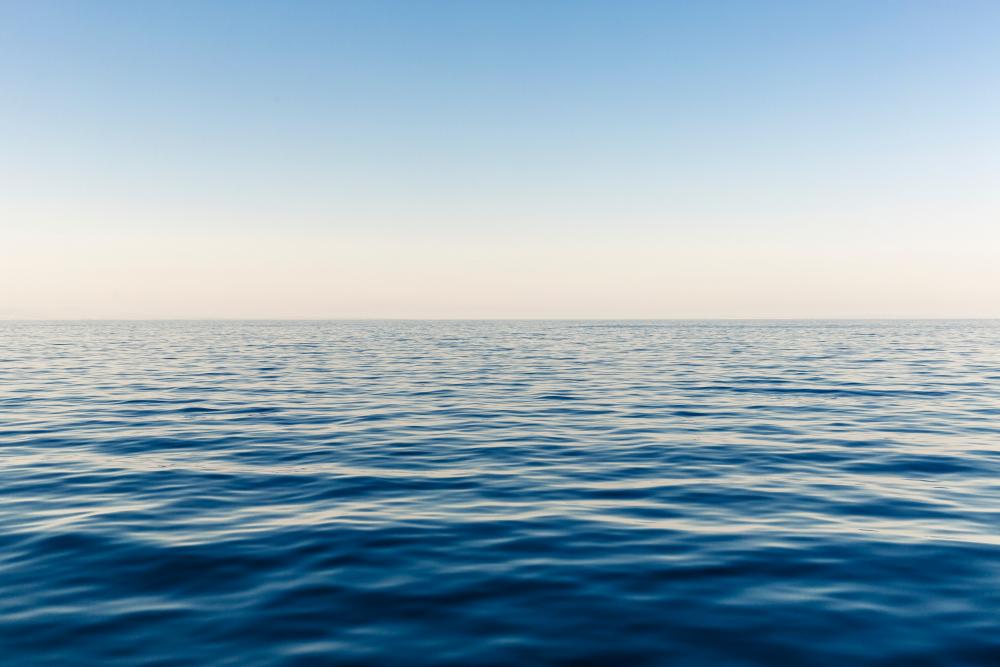Central Med Statistics
A central task of our Palermo field office is the monitoring of the situation in the Central Mediterranean. Day by day, we record all information available to us on arrivals, rescues and push & pullbacks in the Central Mediterranean (Central Med). Thus, we counter the data of the Italian Ministry of the Interior and the UN with a civilian observation. In various statistics and tables we collect and process all information available to us through various channels and networks. In addition to nationalities, age and gender, we record any characteristics that may allow the tracing of individuals or groups. These clues can, for example, help families in their search for their loved ones. The figures are based on our research and should be read without guarantee. Since January 2021, we have regularly shared sections of our collected data from Central Med on social media at the end of each month. The categories we use in these are explained below for better understanding: unserer Außenstelle in Palermo ist die genaue Beobachtung der Situation auf dem zentralen Mittelmeer.
Legend:
-
Most of the data we collect regarding Push-& Pullback refers to the activities of the so-called Libyan Coast Guard, as well as Tunisian and, less frequently, Algerian coast guards.
-
"Rescued by NGOs" refers to rescue operations carried out and financed by NGOs - civil society organizations. Rescue operations carried out by government coast guards or commercial vessels are not counted here.
-
"dead or missing“ refers only to the cases documented in the respective period, the actual number is probably much higher.
-
“pushback” refers to the informal as well as illegal rejection, repatriation, or cross-border expulsion of people to another country where adequate protection for refugees is not guaranteed and asylum seekers are frequently subjected to massive violence and discrimination. The so-called non-refoulement principle, however, prohibits pushbacks to a non-safe third country. This principle is enshrined in various legally binding international agreements (see Art. 33 GRC, Art. 3 ECHR, Art. 3 CAT). Nevertheless, a continuous increase of pushbacks was detected both in the central Mediterranean as well as within other regions at the European external borders.
In the context of the central Mediterranean defined here, pushbacks have so far mainly taken the form of the repatriation of people from international waters or waters under European jurisdiction to the SAR (Search and Rescue)-zone of a non-European third country such as Libya or Tunisia. Whereas the practice in the central Mediterranean involves the use or threat of extreme violence against refugees and usually ends in the detention of people, in other regions an increase of abductions, abuse, and abandonment of asylum seekers in life-threatening situations by the implementing authorities can be observed.
These fundamental violations of rights are made possible by the close cooperation between non-European and European actors at the external borders as well as national authorities within Europe. -
“pullback” on the other hand, refers to a measure that prevents people from leaving a third country. Accordingly, the so-called Libyan Coast Guard, which is largely financed and equipped by Italy and other EU member states, carries out pullbacks by intercepting boats on their way to Europe and forcibly returning them to Libya. This coast guard is not a nationwide unit, but rather consists of different militias with different political objectives. Therefore, we refer to this Libyan unit as a ‘so-called’ coast guard, since its purpose is not the safety and rescue of people at sea, but rather the fight against people on the move. From a political point of view, however, one can thus also speak of “pushbacks” in the broadest sense, since the EU supports and finances the repatriation of refugees to non-safe third countries in the course of its externalization and isolationist policy.
In recent years, these “pullbacks” have repeatedly led to deliberate maneuvers by the Tunisian and so-called Libyan coast guards, which unnecessarily endangered the lives of the people on the boats. After the return of the people to countries such as Libya, which continues to be fought over by militias, people have reported being detained under inhumane conditions in detention centers, but also being subjected to torture, slavery, and sexual exploitation.

